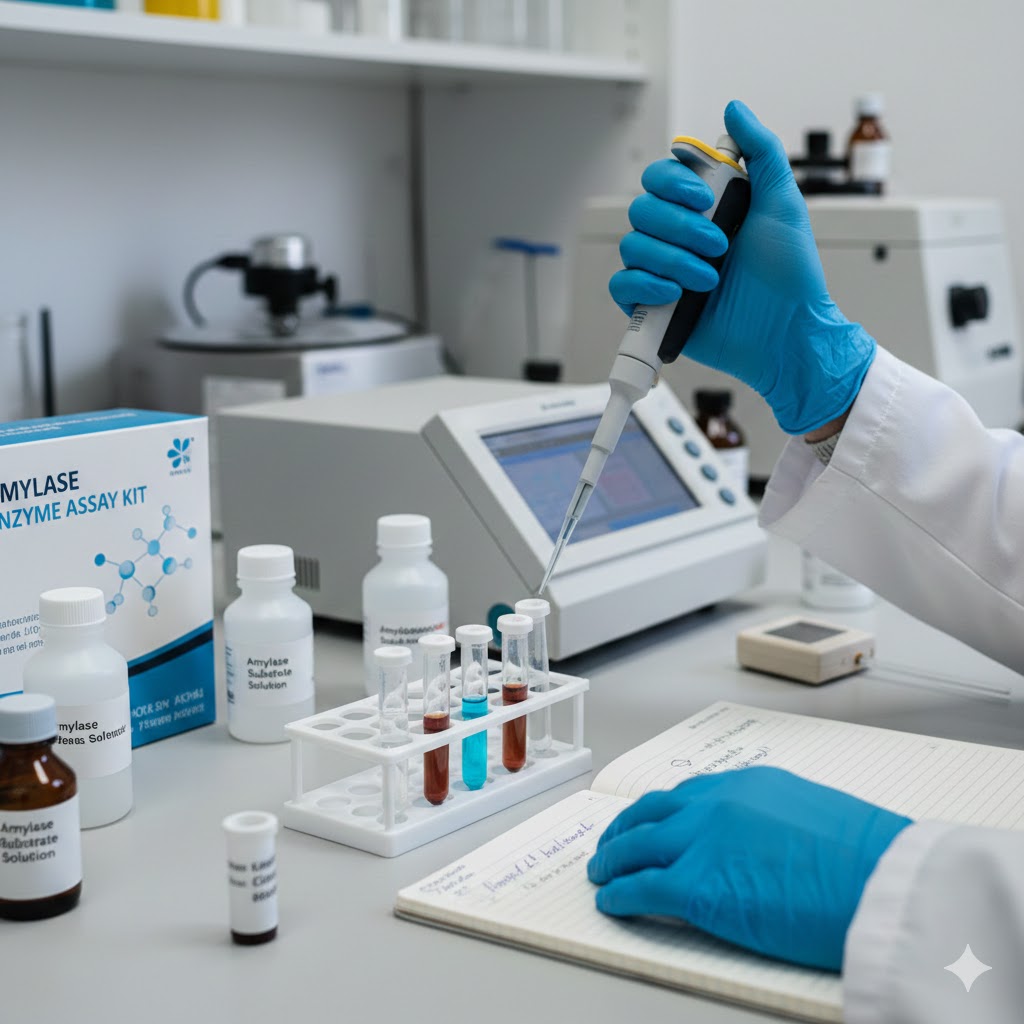Bacteria:- Bacteria are single-celled microorganisms that have a relatively simple structure compared to other living organisms. They are prokaryotic organisms, which means they lack a true nucleus and membrane-bound organelles. Bacteria are some of the most numerous and diverse organisms on Earth, and they can be found in various environments, including soil, water, air, and inside the bodies of other organisms. Here is an overview of the basic structure of bacteria: 1. Cell wall bacterial cell wall is a rigid structure that surrounds the cell membrane of most bacteria. It provides structural support and protection to the cell, helping it maintain its shape and resist changes in the surrounding environment. The composition and structure of bacterial cell walls can vary widely among different types of bacteria, and these differences are used to classify bacteria into two main groups: Gram-positive and Gram-negative. Gram-Positive Bacteria cell wall:- Gram-positive bacteria have a thick layer of peptidoglycan, a polymer made up of sugars and amino acid, in their cell walls. This layer is located outside the cell membrane and provides strength and rigidity to the cell wall. In addition to peptidoglycan, Gram-positive cell walls often contain teichoic acids, which are polymers of glycerol or ribitol phosphate. These acids contribute to the overall negative charge of the cell wall. Gram-Negative Bacteria cell wall: Gram-negative bacteria have a thinner layer of peptidoglycan in their cell walls, located between the inner and outer membranes. Outside the peptidoglycan layer, there is an outer membrane made up of lipopolysaccharides (LPS) and proteins. LPS molecules are composed of lipid A (which anchors the LPS molecule in the outer membrane), a core polysaccharide, and an O antigen (which varies among different bacterial species). The outer membrane acts as a barrier against certain chemicals, including antibiotics, making Gram-negative bacteria often more resistant to these substances than Gram-positive bacteria. Function of bacterial cell wall:- Structural Support: The cell wall maintains the shape of the bacterium and prevents it from bursting or collapsing due to changes in osmotic pressure. Protection: The cell wall provides protection against physical damage and helps the bacterium resist the effects of harmful substances in the environment. Barrier: In Gram-negative bacteria, the outer membrane acts as a barrier that can exclude or allow the passage of specific molecules into the cell. Virulence Factor: Some components of the cell wall, such as lipopolysaccharides in Gram-negative bacteria, can trigger immune responses in the host organism, contributing to the bacterium’s virulence. 2. Cell Membrane (Plasma Membrane): The bacterial cell membrane, also known as the plasma membrane or cytoplasmic membrane, is a vital structure that surrounds the bacterial cell. It serves as a selectively permeable barrier, separating the interior of the cell from its external environment. The cell membrane is a phospholipid bilayer embedded with proteins and other molecules, and it performs several essential Functions of cell membrane in bacterial cells: 1. Selective Permeability: The phospholipid bilayer of the cell membrane acts as a barrier that prevents the passage of most substances, including ions and large molecules, into and out of the cell. Only specific molecules, such as gases (like oxygen and carbon dioxide) and small hydrophobic molecules, can freely diffuse through the lipid bilayer. Other substances, such as nutrients and waste products, require specialized transport proteins to facilitate their movement across the membrane. 2. Nutrient Uptake: Bacteria need various nutrients to survive, including sugars, amino acids, and ions. Specialized membrane proteins, such as transporters and permeases, help actively or passively transport these nutrients into the cell, allowing the bacterium to obtain the necessary building blocks and energy for its metabolic processes. 3. Waste Elimination: Similarly, the cell membrane aids in the removal of waste products and metabolic byproducts from the bacterial cell. These waste products are expelled from the cell through specific transport mechanisms 4. Energy Production: Bacterial cell membranes are also the sites of electron transport chains and ATP synthesis in many bacterial species. These processes are essential for the generation of energy in the form of ATP (adenosine triphosphate), which powers various cellular activities. 5. Maintaining Cell Shape and Integrity: The cell membrane plays a role imaintainingthe shape and integrity of the bacterial cell. It provides structural support and helps the cell maintain its specific shape, especially in the absence of a rigid cell wall. 1. Sensory Functions: The cell membrane contains proteins and receptors that allow bacteria to sense changes in their environment. These proteins can detect environmental signals, such as changes in temperature, pH, or the presence of specific molecules, triggering appropriate cellular responses. 3. Cytoplasm: The bacterial cytoplasm is the semi-fluid substance inside a bacterial cell, enclosed by the cell membrane. A complex, gel-like matrix contains various cellular components and is the site of numerous biochemical reactions essential for the bacterium’s survival and growth. Here are some key aspects of bacterial cytoplasm: Composition: The cytoplasm is primarily composed of water, making up the majority of its volume. In addition to water, the cytoplasm contains ions, enzymes, nucleotides, amino acids, sugars, and other small molecules that are crucial for the bacterium’s metabolism. Genetic Material: The bacterial chromosome, a single circular DNA molecule, is located in the cytoplasm. Unlike eukaryotic cells, bacteria do not have a membrane-bound nucleus, so their genetic material is dispersed in the nucleoid region within the cytoplasm. The nucleoid lacks a membrane and is simply an area where the genetic material is concentrated. Ribosomes: Bacterial cytoplasm contains ribosomes, which are the cellular structures responsible for protein synthesis. These ribosomes read the genetic information encoded in mRNA (messenger RNA) and use it to assemble amino acids into proteins. Metabolic Reactions: Various metabolic pathways occur within the bacterial cytoplasm. These include processes such as glycolysis (the breakdown of glucose), the citric acid cycle (Krebs cycle), and the synthesis of essential molecules like nucleotides, amino acids, and fatty acids. Enzymes catalyzing these reactions are found in the cytoplasm. Storage Granules: Some bacteria store reserve materials such as glycogen, polyhydroxyalkanoates (PHAs), or sulfur granules in the cytoplasm. These storage compounds serve as a source of energy










